In the digital age, tablets have become indispensable tools for many researchers. They offer convenience, portability, and the ability to perform various tasks such as data analysis, literature review, and note-taking efficiently. However, with so many tablet options available on the market, choosing the one that best suits research needs can be challenging. We provide a comprehensive comparison of four major types of tablets: Windows tablets, Apple iPads, Android tablets, and the honorable mention reMarkable tablet. By examining their features and advantages, we aim to help you make an informed decision.
Windows Tablets
Windows tablets are favored for their powerful features and flexibility, making them an excellent choice for many professionals, including researchers. Their main advantages include compatibility with a wide range of applications and software.
Key Features
- Operating System: Runs the full Windows 10 or Windows 11 system, which supports almost all desktop applications, including Microsoft Office, data analysis tools (such as MATLAB and SPSS), and programming software.
- Compatibility: Able to run traditional desktop software and supports a wide range of peripherals such as keyboards, mice, and printers.
- Multitasking: Supports multi-window operations and taskbar management, enhancing productivity.
- Hardware Options: Available in various models to meet different performance needs, from basic office tasks to high-performance data processing and graphic design.
Recommended Models
- Microsoft Surface Pro 9
- Processor: 12th Gen Intel Core i5/i7
- Memory: 8GB/16GB
- Storage: 128GB/256GB/512GB/1TB SSD
- Screen: 13-inch PixelSense touchscreen, 2880 x 1920 resolution
- Battery Life: Up to 15 hours
- Weight: Approximately 879 grams
- Operating System: Windows 11
- Recommendation: The Surface Pro 9 combines powerful performance with portability, making it suitable for researchers needing high computational power and long working hours. Its high-resolution screen and excellent battery life make extended use comfortable.
- Lenovo ThinkPad X12 Detachable
- Processor: 11th Gen Intel Core i5/i7
- Memory: 8GB/16GB
- Storage: 256GB/512GB SSD
- Screen: 12.3-inch FHD+ touchscreen, 1920 x 1280 resolution
- Battery Life: Up to 10 hours
- Weight: Approximately 1.1 kg (with keyboard)
- Operating System: Windows 10 Pro
- Recommendation: The ThinkPad X12 Detachable offers robust build quality and stable performance, ideal for researchers who frequently need to perform intensive computations and data analysis. Its detachable design adds flexibility to the device.
Apple iPads
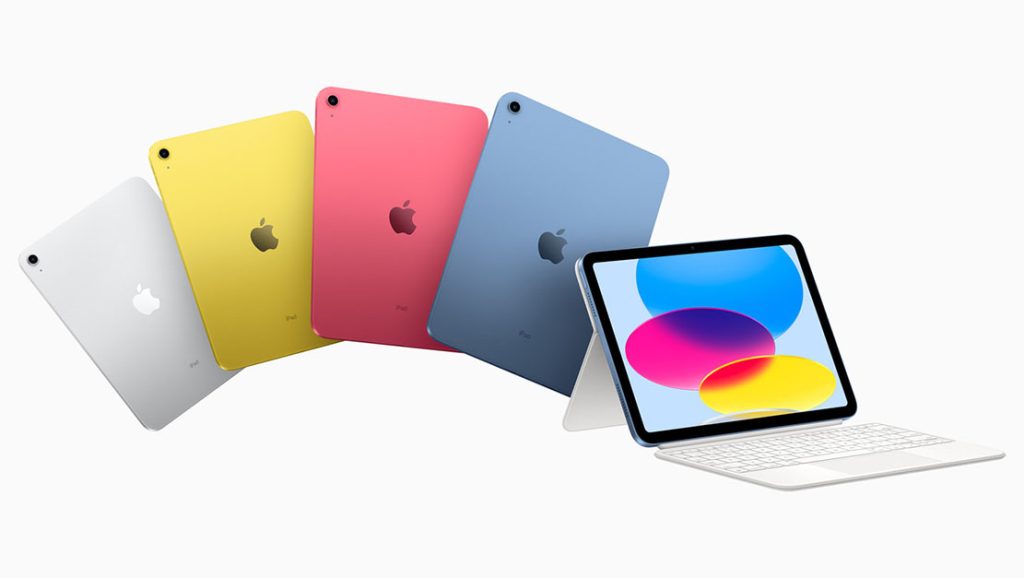
Apple’s iPad series is renowned for its exceptional design and smooth user experience. For researchers who need high integration and premium applications, iPads offer a unique choice.
Key Features
- Operating System: Runs iPadOS, optimized for smooth operation. Supports a wide range of high-quality applications, including research tools and data visualization software.
- Ecosystem: Integrates closely with the Apple ecosystem, supporting features such as iCloud, Handoff, and Continuity to enhance productivity.
- Applications: The App Store provides a vast selection of professional apps, including literature management tools (e.g., Zotero), note-taking apps (e.g., Notability), and data visualization tools.
Recommended Models
- iPad Pro 12.9-inch (6th Gen)
- Processor: M2 chip
- Memory: 8GB/16GB
- Storage: 128GB/256GB/512GB/1TB SSD
- Screen: 12.9-inch Liquid Retina XDR display, 2732 x 2048 resolution
- Battery Life: Up to 10 hours
- Weight: Approximately 682 grams
- Operating System: iPadOS 16
- Recommendation: The iPad Pro 12.9-inch, with its powerful M2 chip and high-resolution display, is ideal for researchers engaged in graphic-intensive tasks and large data processing. Its long battery life and superior display quality make it a great choice for extended use.
- iPad Air (5th Gen)
- Processor: M1 chip
- Memory: 8GB
- Storage: 64GB/256GB SSD
- Screen: 10.9-inch Liquid Retina display, 2360 x 1640 resolution
- Battery Life: Up to 10 hours
- Weight: Approximately 462 grams
- Operating System: iPadOS 16
- Recommendation: The iPad Air offers strong performance and good value for money, suitable for researchers on a budget. Its M1 chip ensures smooth performance, and its excellent display quality adds to its appeal.
Android Tablets
Android tablets are popular for their open system and extensive application choices. For researchers who require customization and flexibility, Android tablets provide a wealth of options.
Key Features
- Operating System: Runs on Android, offering a range of applications and tools, suitable for users needing customization and high flexibility.
- Compatibility: Supports various applications and file formats, including PDF, Word, and Excel.
- Customization: Allows deep customization of the system and applications according to user needs.
Recommended Models
- Samsung Galaxy Tab S9 Ultra
- Processor: Qualcomm Snapdragon 8 Gen 2
- Memory: 12GB/16GB
- Storage: 256GB/512GB/1TB SSD
- Screen: 14.6-inch Super AMOLED display, 2960 x 1848 resolution
- Battery Life: Up to 14 hours
- Weight: Approximately 737 grams
- Operating System: Android 13
- Recommendation: The Galaxy Tab S9 Ultra is known for its large screen and powerful performance, making it ideal for researchers needing high-resolution displays and strong computational power. Its impressive battery life and high-performance processor handle complex data tasks effectively.
- Lenovo Tab P12 Pro
- Processor: Qualcomm Snapdragon 888
- Memory: 8GB
- Storage: 128GB/256GB SSD
- Screen: 12.6-inch AMOLED display, 2560 x 1600 resolution
- Battery Life: Up to 10 hours
- Weight: Approximately 565 grams
- Operating System: Android 11
- Recommendation: The Lenovo Tab P12 Pro offers good value, with a high-resolution AMOLED display and strong performance, suitable for moderate data processing and research tasks.
Honorary Mention: reMarkable
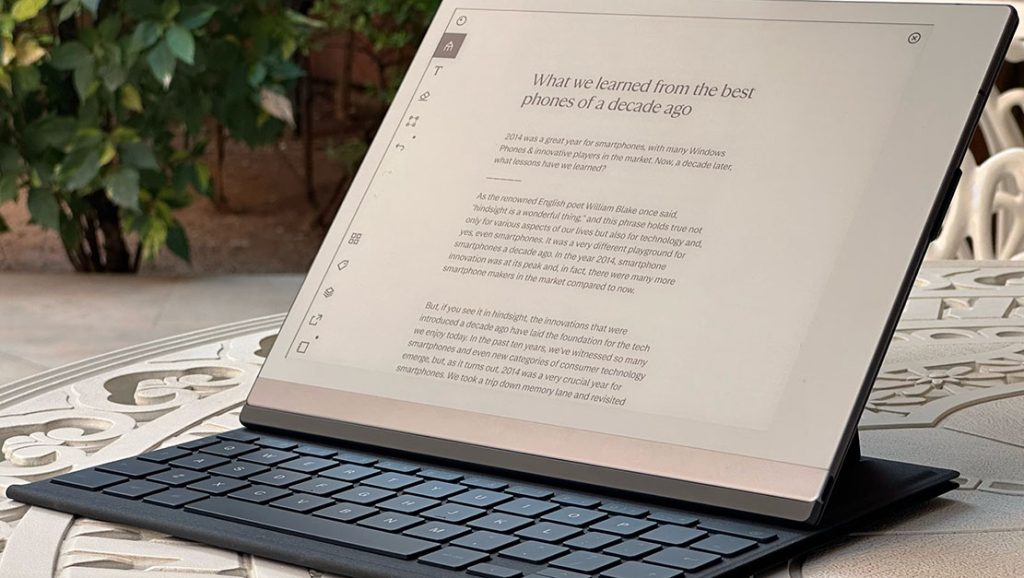
In the tablet market, the reMarkable tablet stands out for its unique design and functionality. Although it does not fit the traditional tablet mold, its performance in specific areas deserves recognition.
Key Features
- Display: 10.3-inch Carta E Ink display, 1872 x 1404 resolution. The unique electronic ink screen provides a paper-like writing experience.
- Note-Taking: Supports natural handwriting and drawing, ideal for note-taking and sketching.
- File Management: Supports PDF and e-book formats, making it suitable for reading and annotating research documents.
- Syncing: Cloud sync capabilities for accessing and managing notes across different devices.
Recommendation
- Paper-Like Experience: The reMarkable tablet offers a writing experience close to paper, ideal for researchers who prefer traditional handwritten notes.
- Focus Tool: It is designed with a focus on note-taking and document handling, without the distraction of complex apps and games, which can help improve work efficiency.
Choosing the right tablet for research purposes is a crucial decision. We have detailed the specifications and features of four different types of tablets: Windows tablets, Apple iPads, Android tablets, and the honorable mention reMarkable tablet. Each type of tablet has its unique advantages and use cases. Windows tablets are suitable for users needing compatibility with desktop software, Apple iPads are known for their smooth operation and high-quality applications, Android tablets offer high customization and flexibility, and the reMarkable tablet excels in note-taking and document management.
Based on your needs and budget, you can select the tablet that best fits your requirements to enhance your productivity and research efficiency. Consider your specific use scenarios and required features when making a decision to ensure you choose the most suitable device.
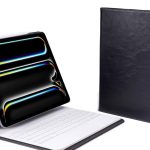
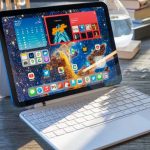
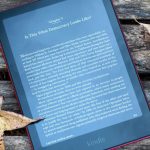
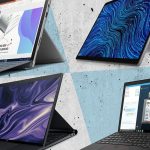
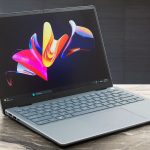
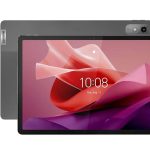
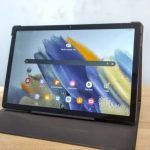
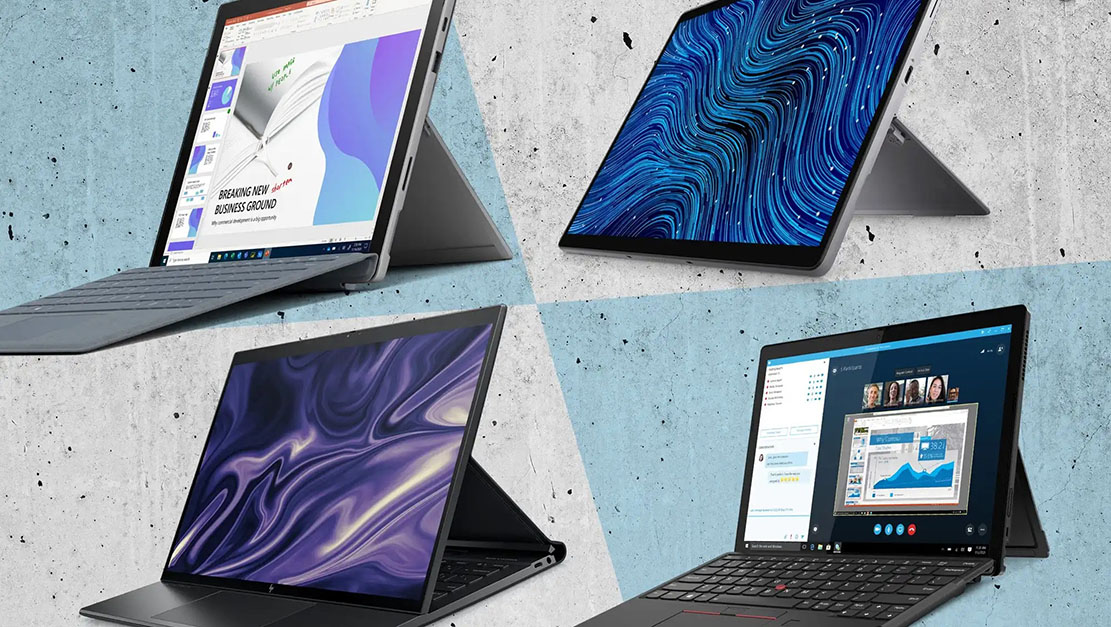
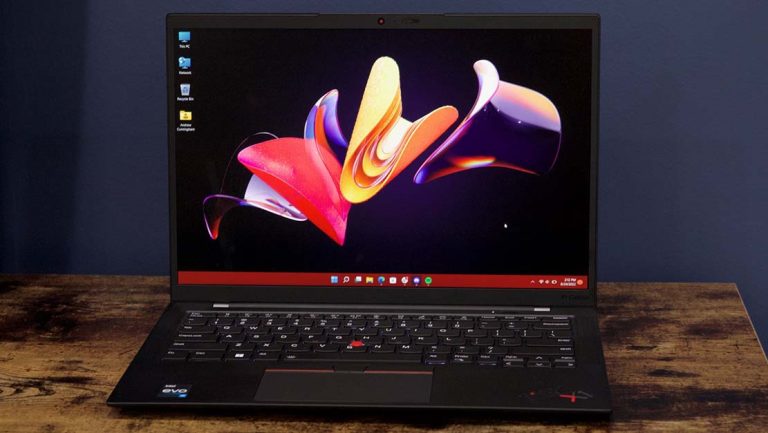
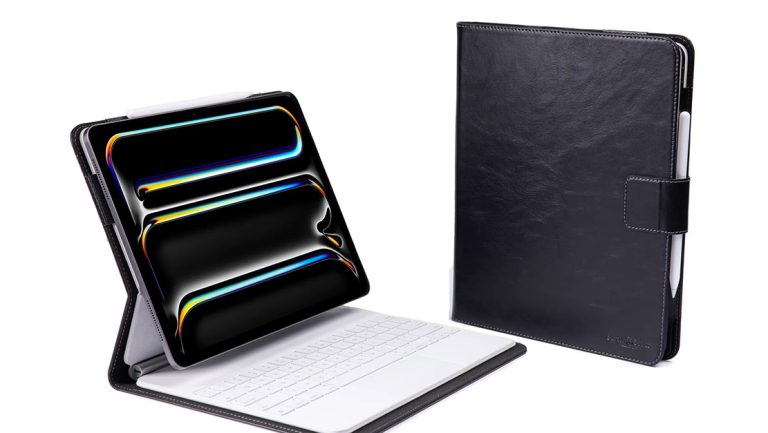
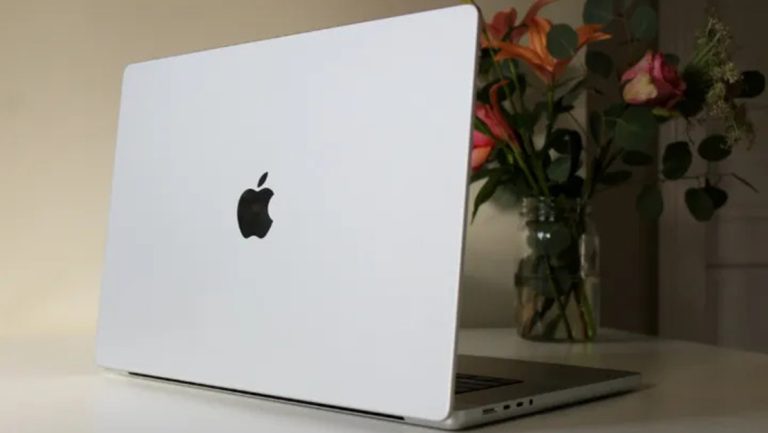

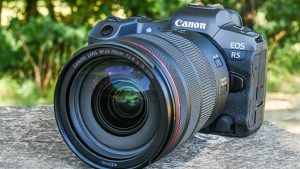
+ There are no comments
Add yours